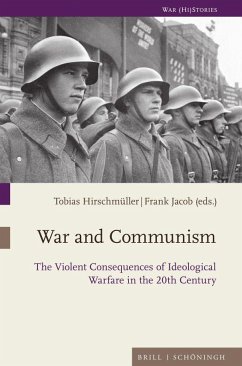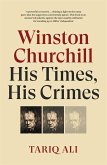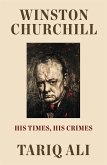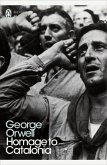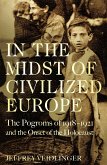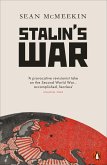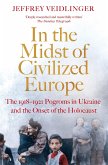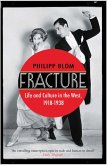From a global perspective, the historical relationship between war and communism throughout the 20th century is discussed in this book.Communist theory was supposed to lead to a classless society that would thereby overcome nationalism, imperialism, violence, and eventually war itself. Regardless of the theoretical assumption that a communist utopia would end wars forever, communism very often related to war, not only in a theoretical sense, but also in the actual historical process. How communist theorists interpreted war, argued for or against it and tried to sanction the use of violence in the name of a communist utopia are questions for this anthology about an "unnatural interrelationship". At the same time, the contributions of this volume take a closer look at violent responses against communism during the 20th century.

